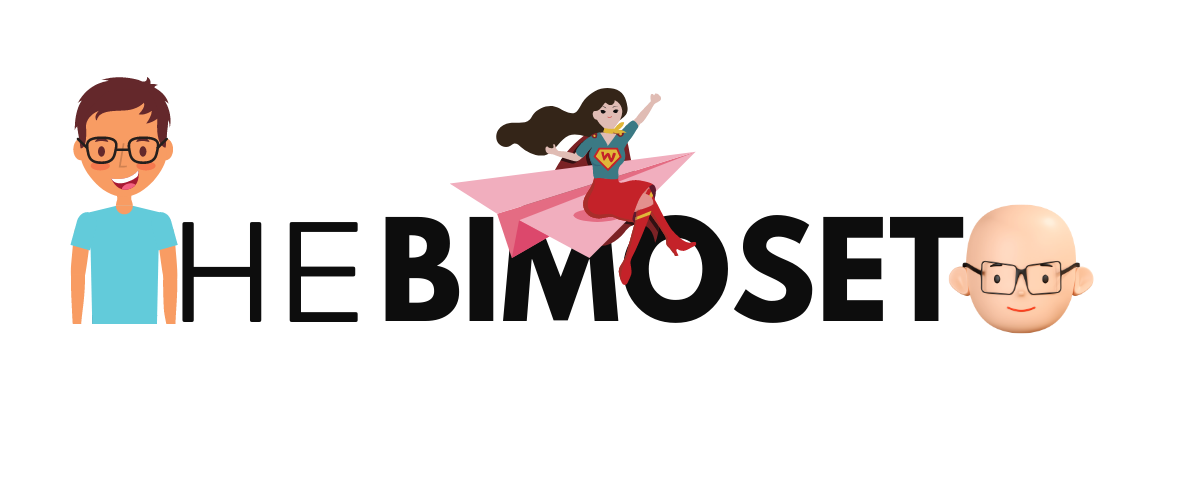Staying hydrated is essential for maintaining optimal health, energy levels, and physical performance. Whether you are an athlete training in high temperatures, an outdoor enthusiast enjoying a sunny day, or simply someone looking to improve your well-being, understanding the importance of hydration and how to achieve it is crucial. This guide compiles the best practices for staying hydrated, the recommended daily water intake, and the signs of dehydration to watch for.

Why Hydration is Important
Water is fundamental to the body’s functions, comprising approximately 60% of your body weight. It plays a critical role in various bodily processes, including the regulation of body temperature, transportation of nutrients, and elimination of waste. Proper hydration helps the heart pump blood more efficiently and allows muscles to work better with less strain. Dehydration, on the other hand, can lead to symptoms such as fatigue, dizziness, headaches, and in severe cases, conditions like heat exhaustion or heat stroke.
Recommended Water Intake
While the often-cited advice of drinking "eight 8-ounce glasses" (about 2 liters or half a gallon) of water a day is a good starting point, individual hydration needs can vary significantly based on factors like age, gender, weight, exercise intensity, and climate.
- General Guidelines:
- For most adults, around 2.7 liters (91 ounces) for women and 3.7 liters (125 ounces) for men from all beverages and foods combined is adequate.
- Increase your intake during hot weather, physical exertion, or if you are pregnant or breastfeeding.
- Listening to Your Body: Thirst is not always the most reliable indicator of hydration needs; by the time you feel thirsty, you may already be mildly dehydrated. Monitoring the color of your urine is a better gauge: pale yellow indicates good hydration, while dark yellow or amber signals that you need to drink more fluids.
Tips for Staying Hydrated
-
Don’t Wait to Drink: Sip water throughout the day to prevent dehydration. If you’re active or the weather is warm, increase your fluid intake accordingly. A reusable water bottle and periodic reminders on your phone can help.
-
Flavor Your Water: If plain water seems unappealing, infuse it with fresh fruits, herbs, or a splash of natural juice for taste.
-
Incorporate Water-Rich Foods: Fruits and vegetables like watermelon, strawberries, cucumbers, and spinach can contribute significantly to your hydration.
-
Stay Cool and Avoid Heat: Limit outdoor activities during peak sun hours (10 AM – 2 PM) and seek air-conditioned environments when it’s particularly hot.
-
Dress Appropriately: Wear lightweight, light-colored clothing that allows your skin to breathe. A wide-brimmed hat can protect you from excessive sun exposure.
-
Recognize Dehydration Signs: Be aware of indicators such as darker urine, fatigue, muscle cramps, or confusion. Symptoms can be more pronounced in children and older adults, who may not always recognize their thirst.
-
Hydration During Exercise: Drink water before, during, and after physical activities. For intense or prolonged exercise, consider beverages with electrolytes to replenish lost salts without relying solely on sugary sports drinks.
Special Considerations
Some individuals need to be particularly mindful of their hydration:
- Athletes: Those engaging in vigorous exercise should assess their hydration needs by weighing themselves before and after workouts. For every pound lost, aim to drink about 16-20 ounces of fluids.
- Older Adults: Age-related physiological changes can lessen the sensation of thirst, making it more necessary for caregivers to ensure adequate fluid intake.
- Health Conditions: Certain conditions, such as kidney diseases or those requiring diuretics, may necessitate a closer watch on fluid intake.
Conclusion
Staying hydrated is vital for every aspect of health and well-being. By understanding your body’s needs and following simple strategies to keep your fluid levels adequate, you can enhance your energy, cognitive function, and overall health. Remember, hydration is not just for athletic pursuits—it’s a daily necessity for everyone, regardless of lifestyle. Prioritize your hydration, and your body will thank you.
————————————————————————
Follow the Bimoseto family as we explore the world, one delicious dish at a time! Get our travel tips, restaurant recommendations, and adventure stories – and get inspired for your journeys!
